10 Ways to Use the Internet to Grow Your Business in 2024
- June 20, 2024
- Digital Marketing
Did you know that 94% of consumers research products online before buying? Or that three out of five people use search engines as a go-to shopping resource? There is no longer any doubt that buyers go online to research and purchase products and services. From affiliate marketing to online classifieds, building your business online offers a variety of strategies. there are 10 ways to use the internet to grow your business in 2024.
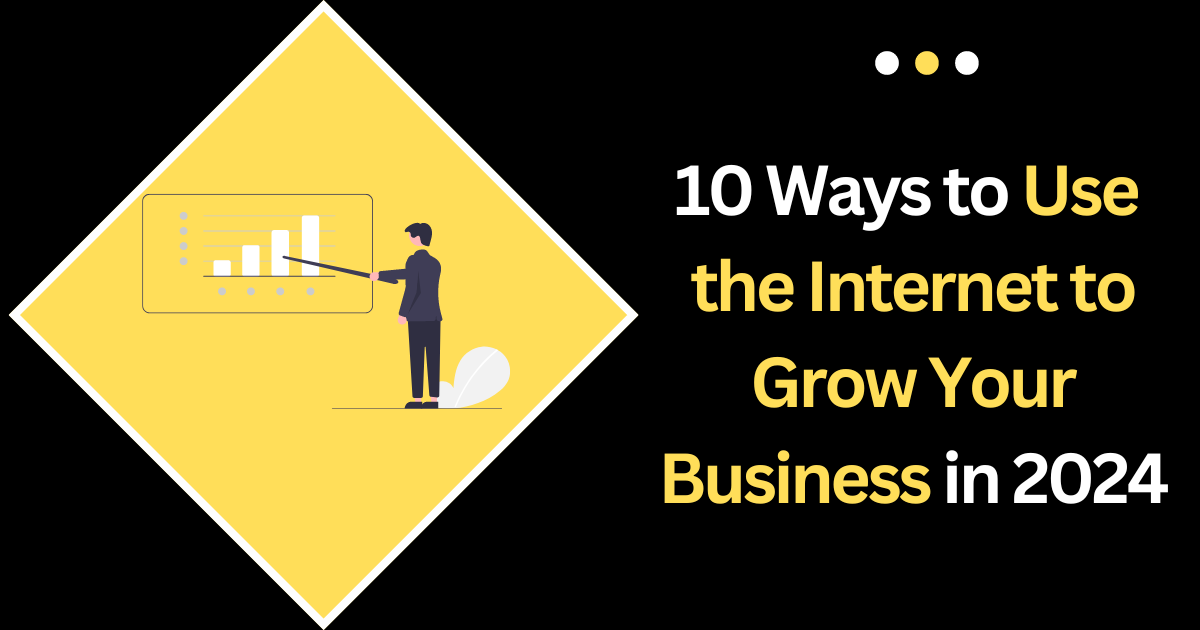
Here’s an in-depth look at ten popular online marketing options:
1. Local listings and classifieds: Create and manage your business listing on sites such as Citysearch to ensure consumers in your area can easily find your business. Enhance these listings by promoting special offers like sales or new products. Additionally, customer review sites like Yelp act as local directories where users can share their opinions about your business, helping you build credibility and attract more customers.
2. Search advertising: Place online ads on web pages that appear alongside search engine results. Using AdWords (www.google.com/adwords), you can tailor your message to appear precisely when potential customers are searching for the type of product or service you offer. By selecting keywords closely related to your offerings, you increase the likelihood of attracting quality prospects. With cost-per-click (CPC) ads, you only pay when someone clicks on your ad, ensuring that your advertising budget targets engaged users.
3. Contextual ads: Enhance display advertising by targeting ads to websites related to your business offerings. For instance, if you sell sporting goods, your ads will perform better on sports-related websites. Services are available to automate the distribution of your ads based on the content of these websites, maximizing relevance and effectiveness.
4. Display ads: Visual ads, like the dancing aliens you might have seen, are known as display or banner ads. Tools such as Google’s AdWords display ad builder (www.google.com/displaynetwork) enable you to design these ads yourself. You can then distribute your display ads through ad networks and ad management systems to reach a wider audience.
5. Geotargeting: Focus your advertising efforts on specific locations. This strategy is particularly useful if you cater to a local market, such as selling dresses exclusively in Dallas. Start by creating a Google Places listing (http://places.google.com/business) to highlight your business to local consumers.
6. Group buying: Attract new customers by participating in group buying programs that offer deals to collective purchasers. Numerous popular group buying sites are available to help you connect with potential customers looking for collective buying deals.
7. Mobile marketing: Leverage the capabilities of smartphones and mobile devices, which offer web browsing, GPS, cameras, and video features. Develop creative promotions using text messages and location-based social networks to engage with on-the-go consumers.
8. Social networking sites: Expand your business by actively participating in social networking sites where users share stories and recommend products and services. By engaging with users on these platforms, you can build relationships and gain endorsements that drive new business.
9. Affiliate marketing: Partner with other businesses to drive traffic to your website through affiliate marketing. Some affiliates may even allow you to set up a store on their domains, such as comparison shopping sites, expanding your reach and sales potential.
10. Online videos: Tap into new audiences by posting videos on video-sharing platforms. Effective videos are typically short (under three minutes) and include a call to action, such as offering a free report or product discount, to motivate viewers. Companies like Mobile Demand have successfully used YouTube channels to share their news and information, reaching a broader audience.
By utilizing these diverse online marketing strategies, you can effectively build and grow your business in the digital landscape.
Why Your Business Needs to Market Online?
Starting a new venture can be challenging, and often, the hardest part is simply getting started. To ensure you’re on the right path from the beginning, it’s crucial to create a game plan for your online marketing efforts. By doing so, you can begin reaping the rewards and achieving your business goals. Here’s a step-by-step guide to help you get started:
Set Clear Goals: Determine what you want online marketing to accomplish for your business. Online marketing has the potential to achieve various objectives, so it’s essential to focus on one or two key goals initially. For example, do you aim to increase website traffic, boost foot traffic to your physical store or restaurant, or build an email list for a newsletter? By setting specific goals, you can tailor your marketing strategies to meet your unique needs.
Identify Your Target Audience: Understanding your target audience is critical for crafting effective marketing messages. Be clear about the type of buyers you want to reach. Consider what they care about most, the challenges they face, and whether they have previously purchased from you or are currently buying from a competitor. Additionally, think about factors such as their gender, hobbies, location, and other demographics. This detailed understanding will guide you in selecting the best ways to reach your audience and the messages that will resonate most with them.
Learn About Your Current Customers: Gather insights from your existing customers to better inform your marketing strategies. If you have a website, ask your current customers how they discovered it. If you don’t have a website yet, find out where your customers spend their time online. This information can be invaluable in focusing your marketing efforts on the platforms and channels that will yield the best results.
Analyze Competitors: Studying your competitors can provide valuable insights and inspiration for your own marketing strategies. While it’s important to remember that just because a competitor is using a particular strategy doesn’t mean it’s effective, their activities can offer clues. By reviewing your competition’s marketing tactics, you can identify opportunities to create a unique approach that differentiates your business.
Develop a Strategic Plan: Taking the time to develop a well-thought-out marketing plan before diving in can significantly enhance your results. Select one or two marketing tactics that align with your budget, make sense for your target audience, and that you can realistically manage. Many successful online marketers adopt a “test and refine” approach, gradually optimizing their strategies to maximize return on investment.
Monitor and Track Results: One of the advantages of online marketing is the ability to easily measure program performance. Take full advantage of this by closely monitoring the response to your marketing campaigns. Track key metrics and analyze the data to understand what works and what doesn’t. Increase your investment in the strategies that perform well, and continuously tweak and improve the elements that aren’t meeting your expectations. This iterative process will help you refine your approach and achieve better results over time.
By following these steps, you can create a solid foundation for your online marketing efforts and begin seeing positive results. Remember, the key is to stay focused, be strategic, and continuously learn and adapt based on your experiences and data insights.


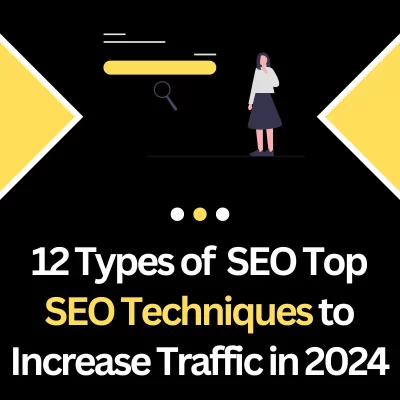

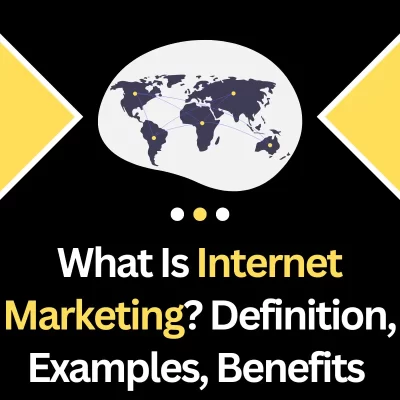

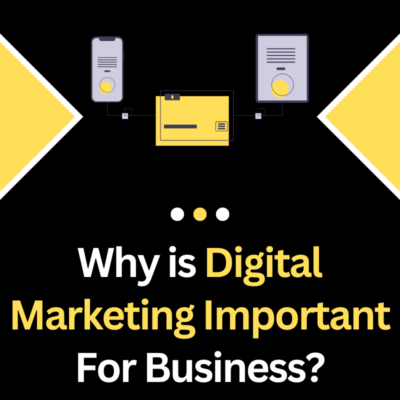


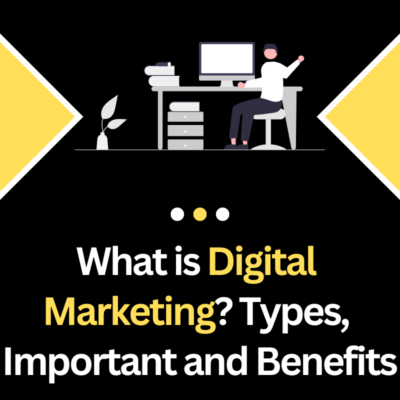

Pingback: What Is Internet Marketing? Definition, Examples, Benefits & more - business growl